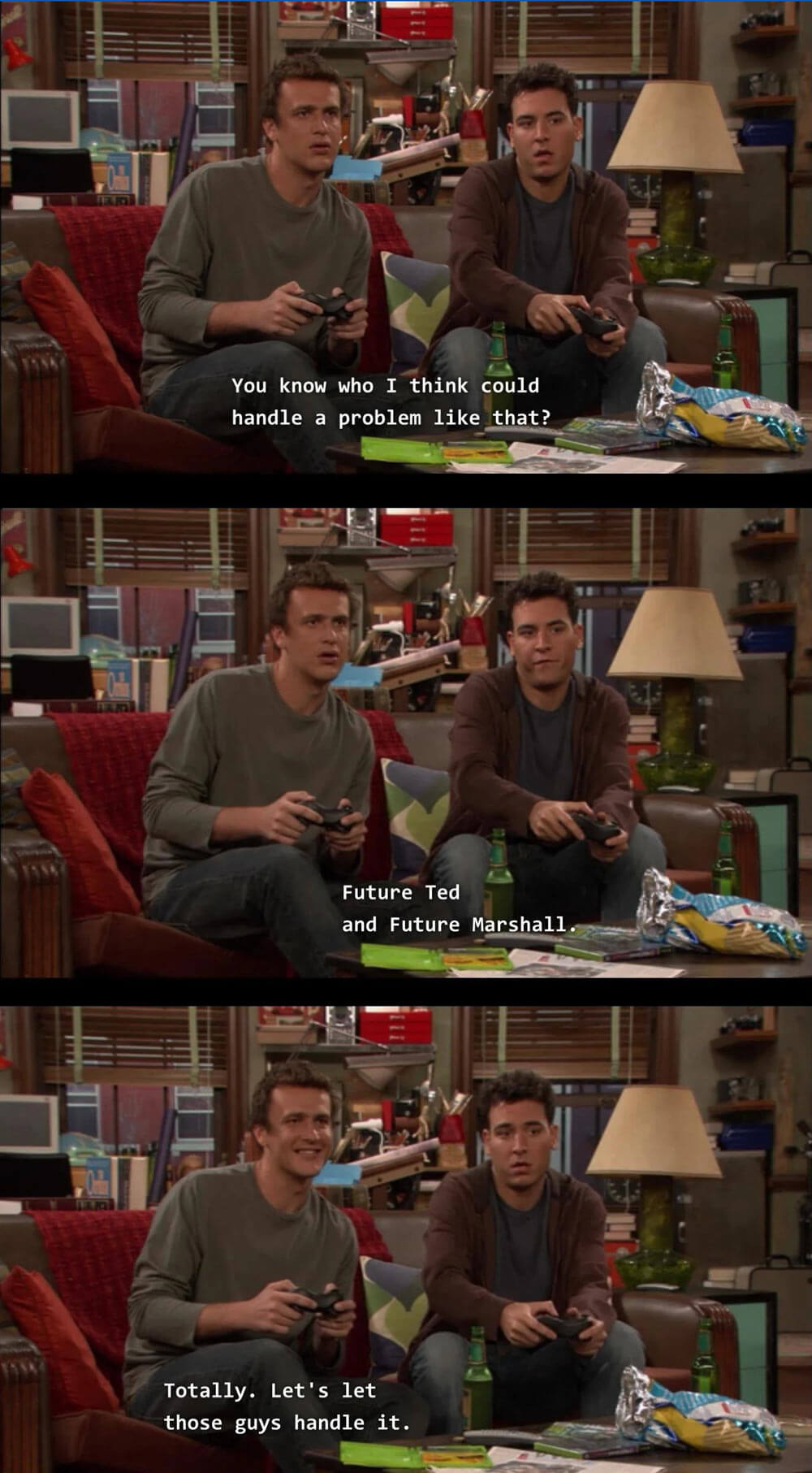
We know we’ll need that information later… so why do we struggle to keep on top of our notes?
You’re tired. An ancient project long put to rest has suddenly resurrected itself. Perhaps a client wants to revisit an upgrade, previously shelved partway through its launch cycle. Maybe it’s something more sinister — a new assignment, but one that is plagued by gremlins you’ve previously conquered.
How did you do it last time?
Time has passed, and your head is throbbing. You shuffle through your cluttered bookmarks (Weren’t you going to organize those?), hoping for a glimpse of something familiar, anything to trigger that blessed “aha” moment of recognition. You check your browser’s history, praying it reaches back far enough. Success!
Now you have a cascade of data, but your smile quickly fades; you are violently reminded just how many forums, articles, and tutorials you had to sift through to solve the seemingly unique string of problems faced in setting up this previous project. Which one of these held the key?
You sigh, refilling your trusty mug with your preferred beverage, and get ready to dive back into the past.
Meanwhile, you cannot help but wonder…
You probably took some notes. At the time, those quick jots and calculations helped immensely. It may have taken some amount of effort, but you DID eventually succeed the first time around.
The trouble is, the you-of-that-moment miscalculated just how much knowledge the you-of-the-future would retain. It’s not your fault — neither of your faults, I should say.
It’s ok if you feel bad, though. Even Doc Brown has some regrets.
Source: Back to the Future III
Ever wonder why diets are so tricky to maintain? Why gym attendances tend to drop off after February? It’s not pure laziness — it’s that we in the present don’t benefit from these actions. It’s helping future-us… and we legitimately see our future selves as strangers.
As reported by Alisa Opar of Nautil.us, Present You regards Future You as someone else entirely.
“It’s kind of a weird notion,” says Hal Hershfield, an assistant professor at New York University’s Stern School of Business. “On a psychological and emotional level we really consider that future self as if it’s another person.”
And how did they figure that out?
Using fMRI, Hershfield and colleagues studied brain activity changes when people imagine their future and consider their present. They homed in on two areas of the brain […] which are more active when a subject thinks about himself than when he thinks of someone else. They found these same areas were more strongly activated when subjects thought of themselves today, than of themselves in the future. Their future self “felt” like somebody else.
In fact, their neural activity when they described themselves in a decade was similar to that when they described Matt Damon or Natalie Portman.
Yes, that’s right. We treat our future selves as strangers, foreigners to our own life and happiness.
This news might feel like 1.21 Gigawatts of disappointment.
Source: Back to the Future II
You know who this study reminds me of? Two classic every-man characters from TV’s How I Met Your Mother, and the way they shirk responsibilities.

Past-Marshall and Past-Ted, leaving problems for their future counterparts to solve. A bad use of the 4th dimension!
Source: How I Met Your Mother
They actively recognize that putting off a task will mean more work for someone else, and that someone IS their future selves… but, Ted and Marshall of the present seem to enjoy giving their future selves something to worry about.
There’s a beautiful amount of self-awareness here. While comedic in television, we may find the reality much less laughable. Or scalable.
There are two quick moments in the film Back to the Future III, where the intrepid scientist Doc Brown chides his young counterpart, Marty McFly, for not thinking 4th-dimensionally when problem solving. As a novice time-traveler, this is difficult for Marty to remember.
The second critique comes when the pair are attempting to cross a bridge that, while incomplete in the past, will be fully-constructed in the future.

“Marty, you’re not thinking 4th-dimensionally!”
Source: Back to the Future III
Doc’s comment references Hermann Minkowski’s classification of time, which categorizes time as the 4th dimension. To think 4th-dimensionally is to consider how physical objects (those of the 3rd dimension) will behave as time progresses. More on this concept here.
In addressing the “future self is a stranger”-pitfall, a time-traveler like Doc would likely encourage us to ignore the Ted-Marshall mindset of indifference. Instead, we should collaborate with our future counterparts, seeing them as beings to anticipate and appreciate.
It seems simple enough: We are inclined to treat our future selves as other people, either assuming that they won’t need our help, or being ignorant of their needs entirely.
Knowing that this is the case, though, means we can do something about it! (And, as they say, knowing is half the battle.)
Over the course of the next few posts, I will be outlining a few solutions to help combat this self-led amnesia.
Until then, stay safe, and watch out for incomplete bridges!
• We see our future selves as strangers
• This is why it’s easy to procrastinate, and difficult to keep up with our good habits.
• Why We Procrastinate, by Alisa Opar
• The Future Self, by Hal E. Hershfield & Daniel M. Bartels